demand
-
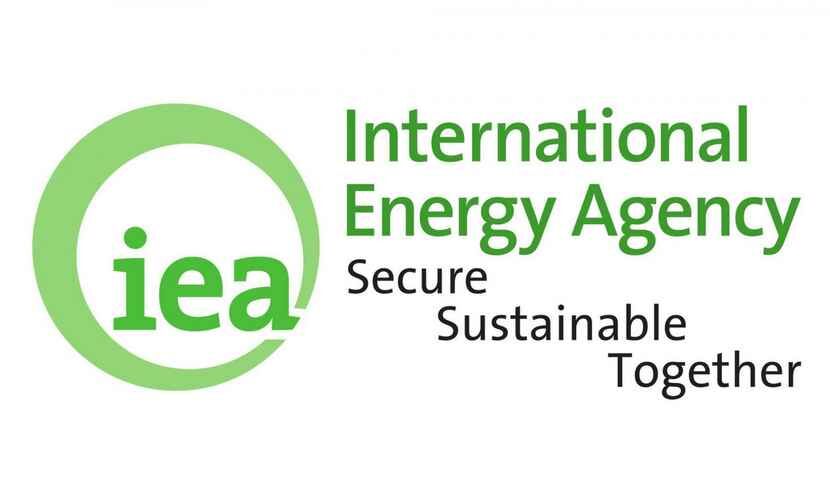
IEA trims oil demand forecast on weakness in wealthier countries
The International Energy Agency (IEA) trimmed its forecast for 2024 oil demand growth on Friday, citing lower than expected consumption in OECD countries and a slump in factory activity.
-
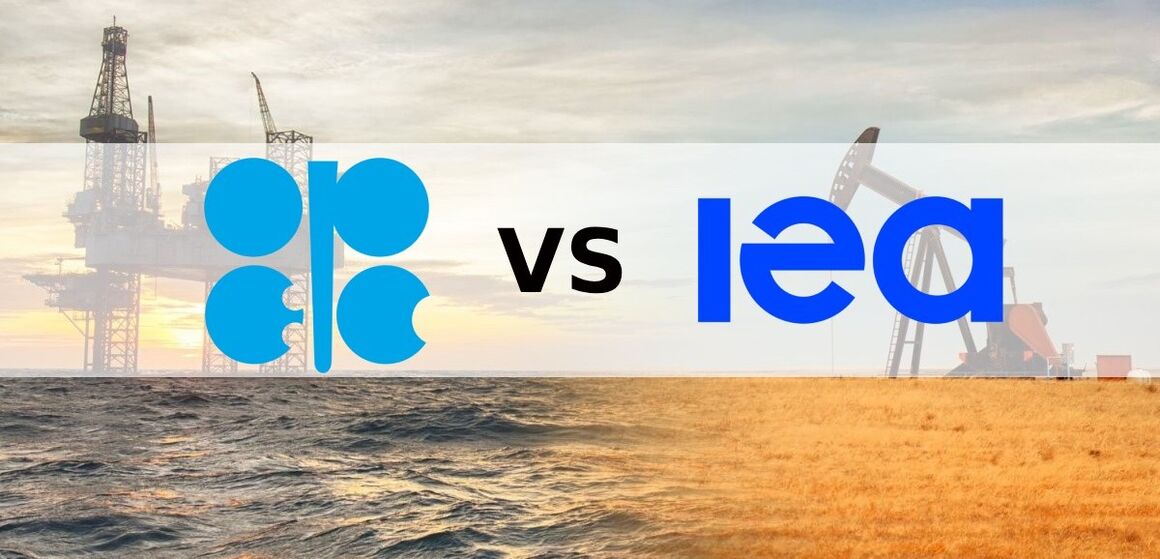
OPEC, IEA at most divided on oil demand since at least 2008
Producer group OPEC and the International Energy Agency, the world's most closely watched forecasters of oil demand growth, are further apart than they have been for at least 16 years in their views on fuel use, according to Reuters research.
-
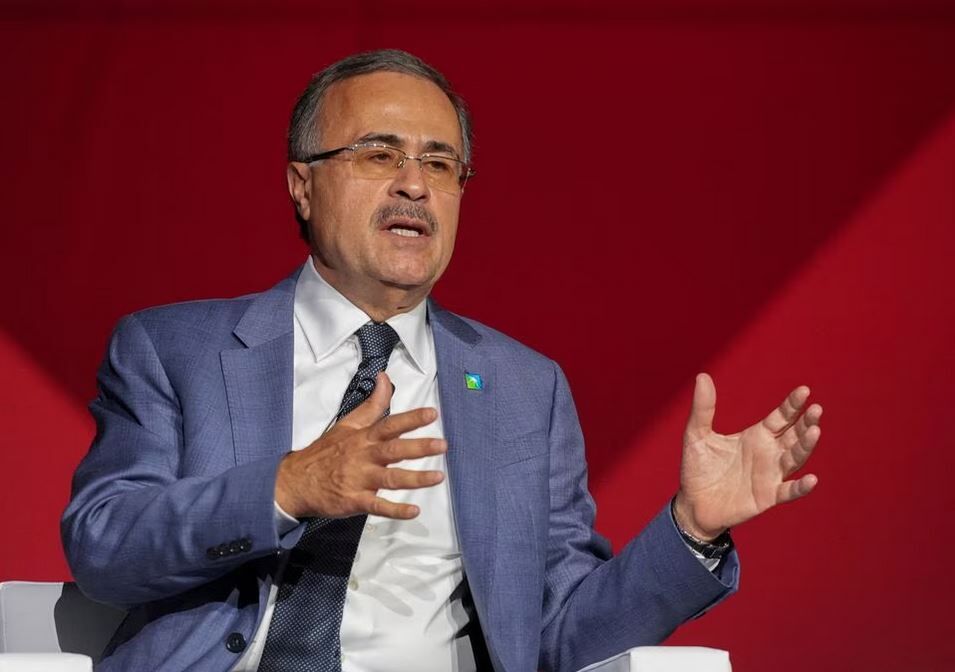
Aramco sees China demand growing, eyes more investments
Saudi Aramco chief executive Amin Nasser said on Sunday that the oil giant was looking at further opportunities to invest in China, where he said oil demand was robust and growing.
-
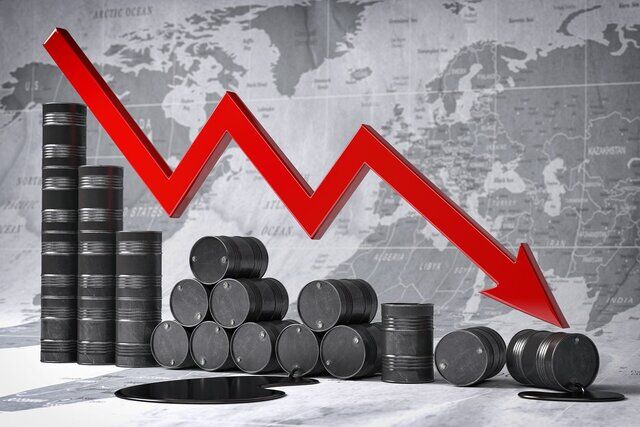
Oil prices fall on China demand worries
Oil prices extended last week's losses on Monday on concern about slow demand in China, although lingering geopolitical risk surrounding the Middle East and Russia limited the decline.
-

Oil demand growth slowing as non-OPEC supply expands, says IEA
Global oil demand growth is losing momentum, the International Energy Agency (IEA) said on as it trimmed its 2024 growth forecast, in sharp contrast to the view held by producer group OPEC.
-
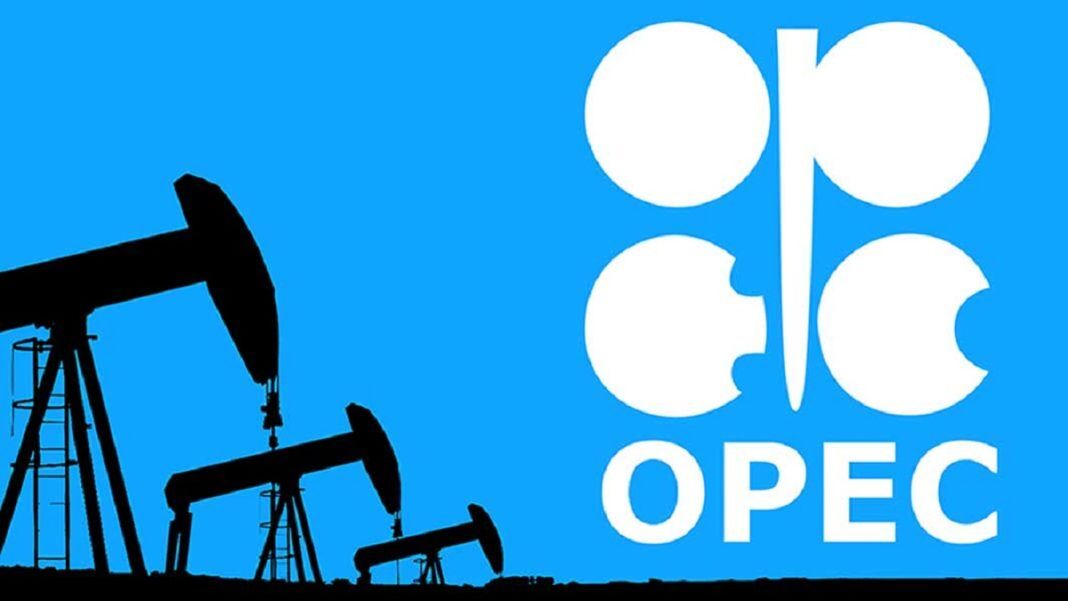
OPEC sticks to oil demand view, sees better economic growth
OPEC on Tuesday stuck to its forecast for relatively strong growth in global oil demand in 2024 and 2025 and raised its economic growth forecasts for both years saying there was further upside potential.
-
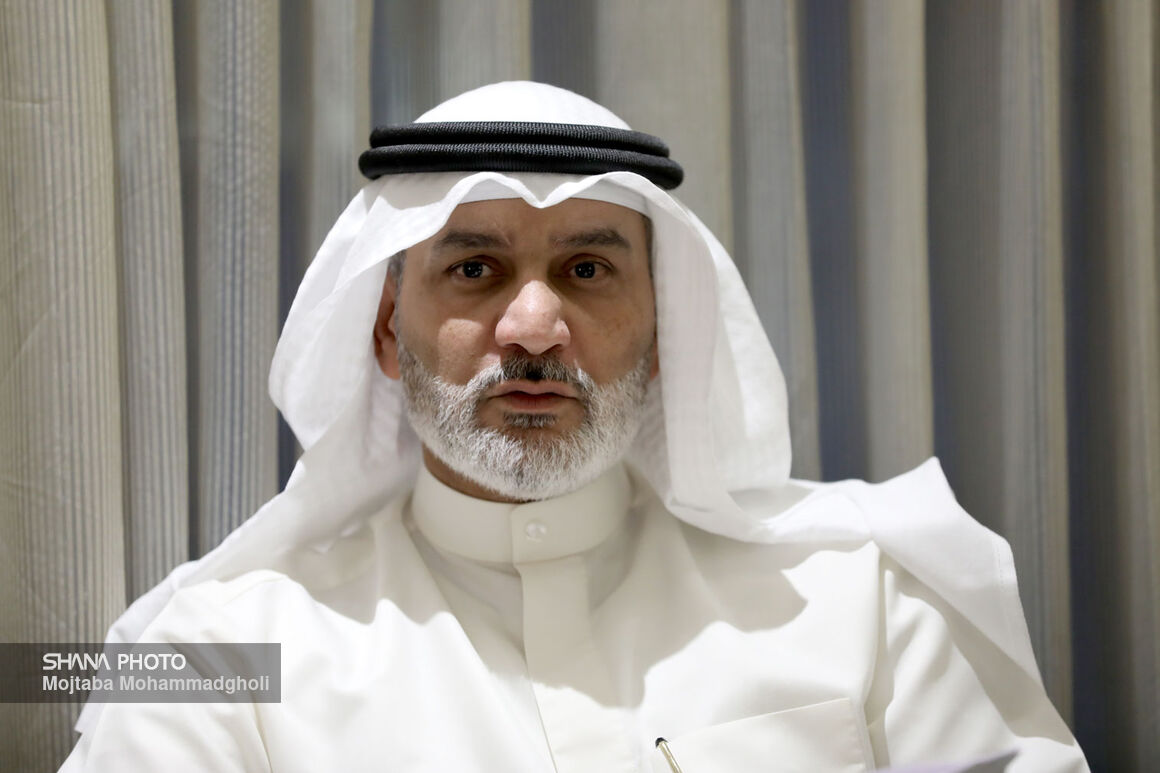
A history of ‘unrealized’ peaks
The idea of oil supply peaking, or so-called peak oil, surfaced as early as the 1880s, with some predicting a looming exhaustion in the US due to the demise of the Pennsylvania oil fields. US and global oil production, however, was still increasing over 70 years later, when the ‘peak oil theory’ of geologist Marion King Hubbert gained traction in 1956.
-
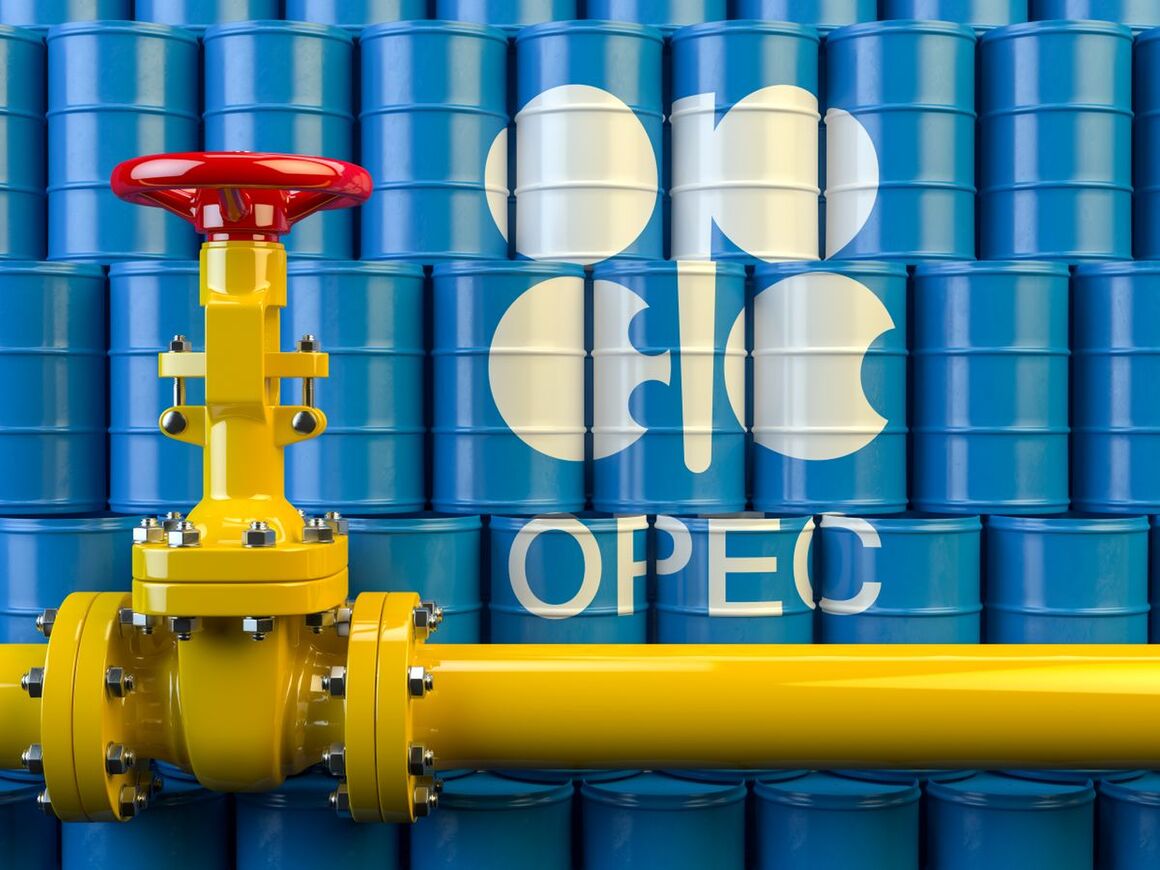
Reuters says OPEC facing declining demand and shrinking market share in early 2024
OPEC is facing weakening demand for its crude in the first half of 2024 just as its global market share declines to the lowest since the COVID-19 pandemic on the back of output cuts and member Angola's exit, according to Reuters calculations and data from forecasters.
-

World oil demand next year to rise faster than expected, IEA says
World oil demand will rise faster than expected next year, the International Energy Agency (IEA) said, a sign that the outlook for near-term oil use remains robust despite this week's COP28 agreement to transition away from fossil fuels.
-
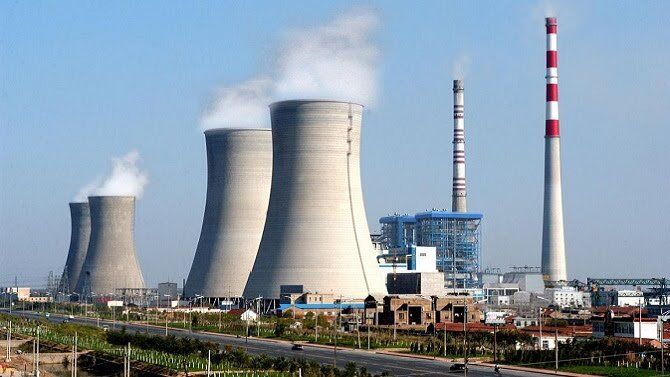
World oil, gas, coal demand to peak by 2030, IEA says
World fossil fuel demand is set to peak by 2030 as more electric cars hit the road and China's economy grows more slowly and shifts towards cleaner energy, the International Energy Agency said, undercutting the rationale for any rise in investment.
-
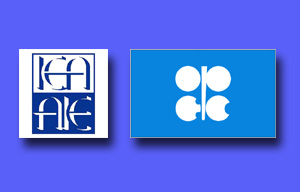
IEA, OPEC predictions of 2024 oil demand growth diverge further
The gap between two leading oil forecasters' views on 2024 demand growth widened on Thursday, with the International Energy Agency (IEA) predicting a sharper slowdown while producer group OPEC stuck to expectations for buoyant China-led growth.
-

OPEC hikes long-term oil demand outlook – in stark contrast to other predictions of peak crude
OPEC on Monday raised its medium- and long-term forecasts for global oil demand.
-
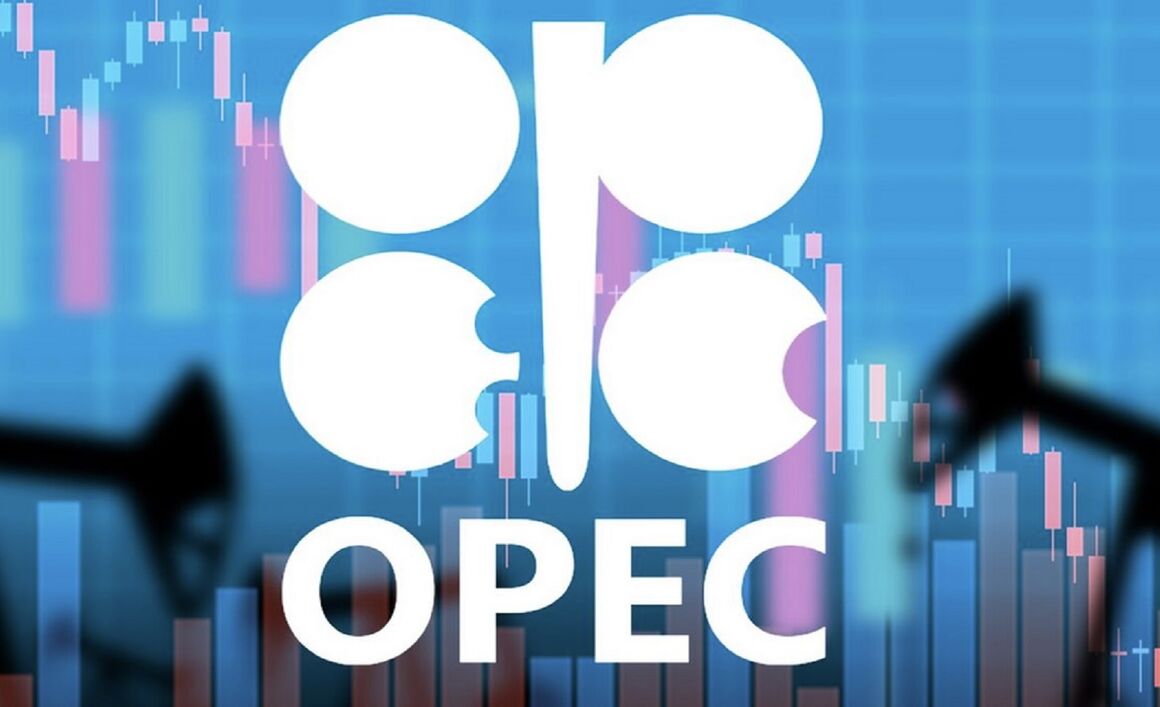
OPEC raises oil demand view in long-term outlook, sources say
OPEC has raised its medium- and long-term oil demand outlook in a forthcoming report, three OPEC sources said, despite the transition toward renewable energy, highlighting the oil exporting group's more bullish view compared to other forecasters.
-
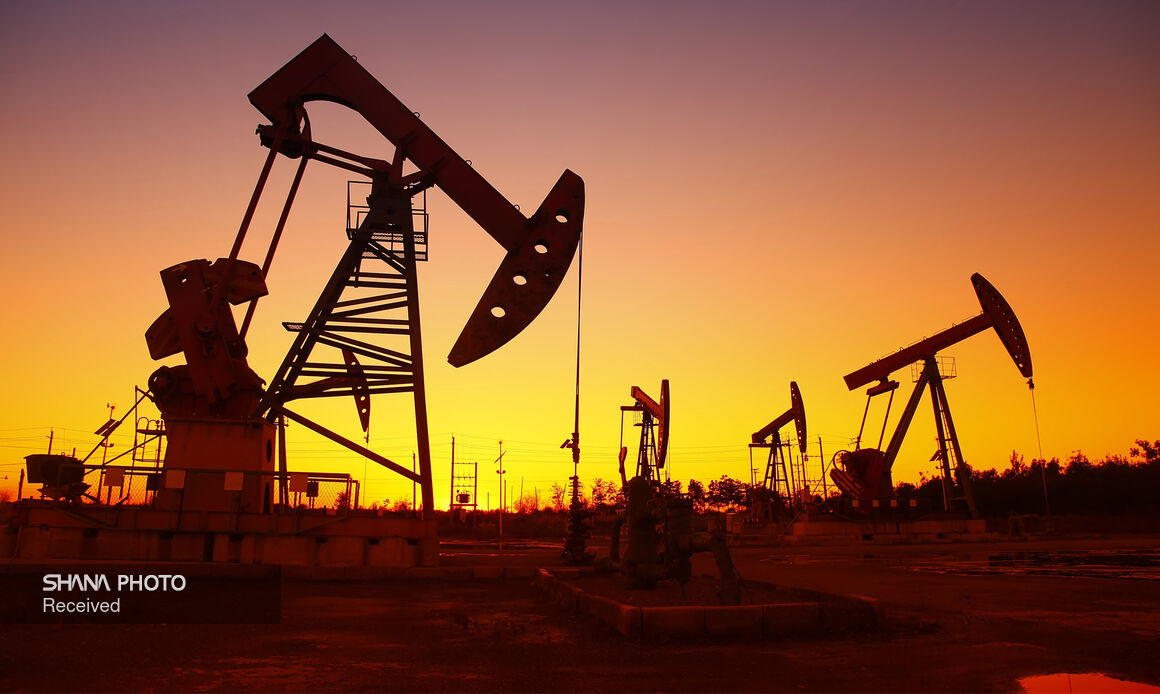
Oil prices could rise further this year, but 2024 demand to slow sharply: IEA
OPEC+ supply cuts could erode oil inventories in the rest of this year, potentially driving prices even higher, before economic headwinds limit global demand growth in 2024, the International Energy Agency (IEA) said on Friday.
-

Novak: Global oil demand to grow by 2.4m bpd this year
The global oil demand has recovered after the coronavirus pandemic and will grow this year by 2.4 million barrels per day (bpd), Russian Deputy Prime Minister Alexander Novak said in an interview with the Rossiya-24 TV channel.
-
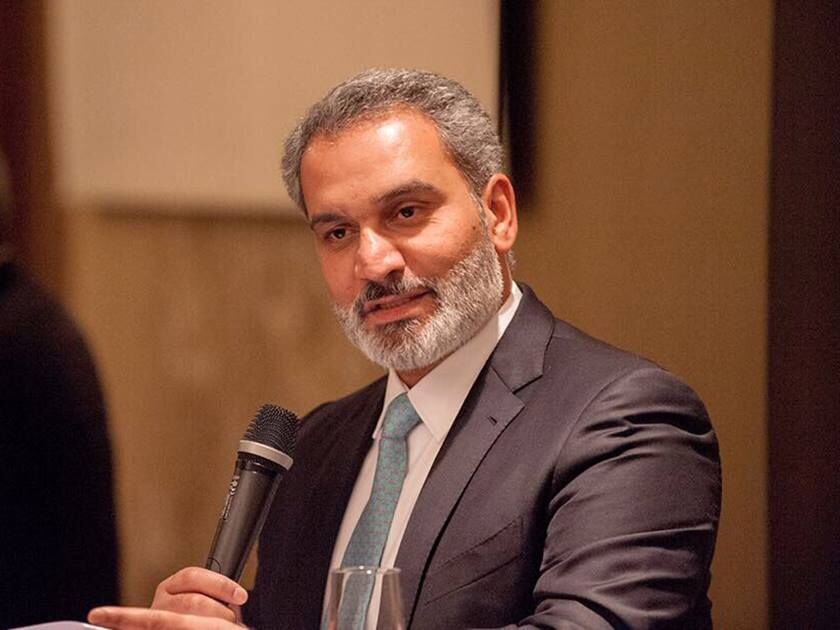
Global energy demand to rise 23% by 2045, OPEC says
Global demand for all forms of energy is forecast to rise by 23% through 2045, OPEC Secretary General Haitham Al Ghais told a Nigerian oil and gas conference on Tuesday.
-
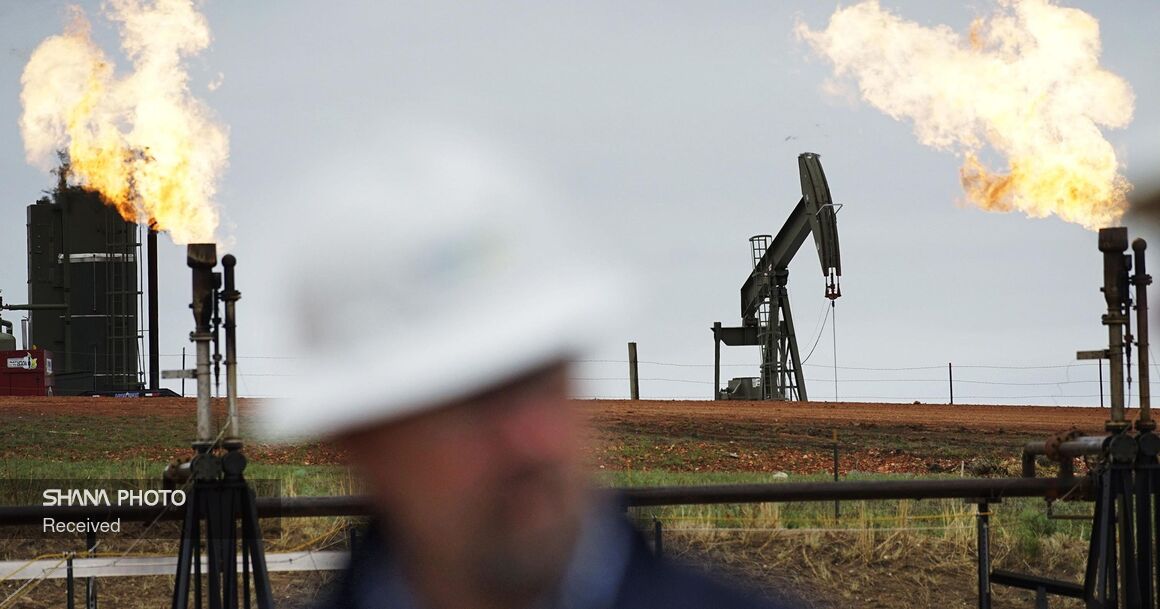
Oil rises as Saudi cut supports and focus turns to Fed
Oil rose on Thursday as tighter supply resulting from Saudi Arabia's pledged production cut and a potential pause to U.S. interest rate hikes offset worries over demand weakness and a global economic slowdown.
-
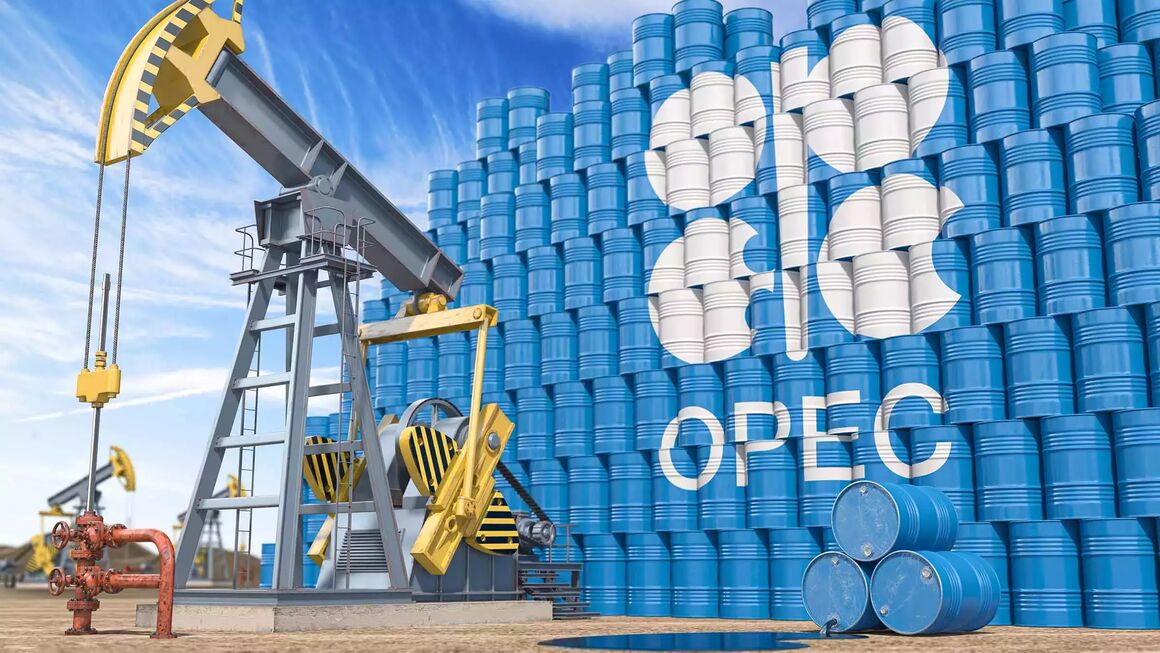
OPEC holds global oil demand view steady, cites U.S. debt ceiling risks
OPEC's global oil demand forecast for 2023 was held steady for a third month, with the producer group citing the potential Chinese growth to be offset by downside economic risks elsewhere such as the U.S. debt ceiling.
-

World gas needs $10.53tn by 2050
The Iranian Ministry of Petroleum’s Directorate of OPEC & Int’l Energy Fora has analyzed the latest edition of the Gas Exporting Countries Forum (GECF)’s 2050 Global Gas Outlook. Investment in natural gas is instrumental in stabilizing the global energy system because by 2050, the total investment needed to meet global gas demand would add up to $10.5 trillion. In a sector, whose annual production fall-off is estimated at 4-5%, lack of investment would mean a slump in supply and instead a spike in prices, which would subsequently bring about inflationary pressure and put a strain on livelihoods. That may blunt the willingness of citizens in developed nations to support governments backing energy transition and even make them resistant to any change. A revision of energy policies along with understanding the significance of investment in natural gas, as backup fuel for renewables and a factor of global development, would be a positive development for the future of human beings.
-
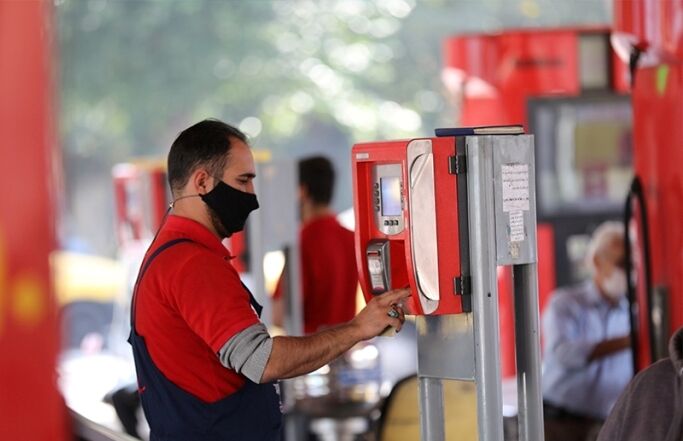
Fuel Demand Crisis
TEHRAN (Shana) -- Global oil demand has dropped about 10% due to the coronavirus pandemic and subsequent economic crises. Such fall in demand has been accompanied with other problems and challenges. For instance, companies have had to cut investment in production by 25-30%.